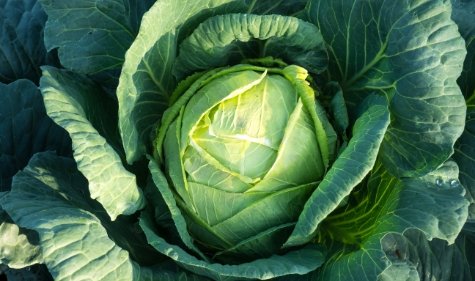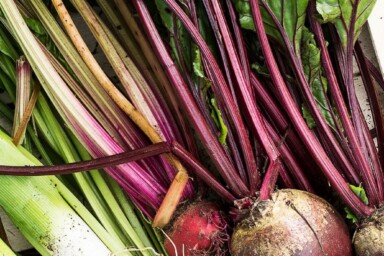Supply chains and routes to market are an integral part of the food system but are often a missing piece of the puzzle when talking about sustainability and fairness.
In recent decades, supply chains have become highly centralised and increasingly opaque, with several issues that are impacting our food system, the environment and the people it feeds, making it difficult for farmers and food producers to meet their bottom lines and provide healthy, sustainable and fair food for everyone. The question is, how we can create positive change in our supply chains and what could that mean for food and farming?
What are some of the key issues?
In the UK, just 12 supermarkets dominate food retail, making up 95% of the market. The oligopoly of our food system and the reliance on the just-in-time model they use, has inevitably led to a complex of problems.
- Farmers and small and medium suppliers aren’t paid fairly for the food they produce nor rewarded for doing good for climate, nature and health.
- The food we eat has become increasingly monocultural, with the world relying heavily on fewer and fewer crops for a significant proportion of our nutrition.
- Our health is taking a toll because of the way supermarkets and other large supply chain actors market and sell ultra-processed food.
- Healthy food that is produced in a sustainable way is too expensive for a considerable number of people.
- UK agri-food supply chains have been directly linked with deforestation in the Amazon and Cerrado of Brazil, sourcing both chicken and dairy animal feed from producers in those regions who have deforested land to produce soy.
- Workers who are the lifeblood of the food system are paid low wages and have insecure working rights and conditions.
If we want farmers to be part of the climate and nature emergency solution, we need supportive supply chains and markets. Without them, farmers will find it difficult if left to compete in global markets that are very volatile and which do not reward the delivery of public goods. If we want all citizens to have access to healthy food, we need markets that prioritise this.
A recent report that Sustain did with the RSPB, found that local food systems deliver positive environmental, economic and social outcomes. For instance, for every £1 spent on a veg box scheme, there was £3 in economic and environmental returns. We also found that local markets are much more likely to supply produce from agroecological farmers who deliver greater outcomes for climate, nature and the environment. For example, the majority of veg box schemes in the UK are supplied by farmers who are either certified organic or using agroecological practices. We also found that regenerative farmers are turning more towards supplying local markets.
Sustain has also just published a report that outlines a survey of 500 farmers across England and Wales. We wanted to get a better understanding of farmers thoughts towards supply chains and what the barriers are to change. We found that 85% of farmers supply to supermarkets or large processors and manufacturers. However, just 5% would prefer to sell to supermarkets, while the majority would rather sell to food hubs, direct to customer (e.g. through their own box scheme), through independent retailers (butchers, grocers, bakers), or to caterers and hospitality (pubs, restaurants and hotels).
Farmers clearly want to change their market and diversify into different types of markets – but why? And what are the barriers? The common reasons for wanting change was: to be paid fairly; to create greater business resilience; to have a more direct relationship with the customer; and to deliver more for climate and nature. But issues of not being able to access affordable finance to invest in change, not having the time or know-how to do marketing, not having access to a local market, and no access to local infrastructure were key challenges to overcome.




